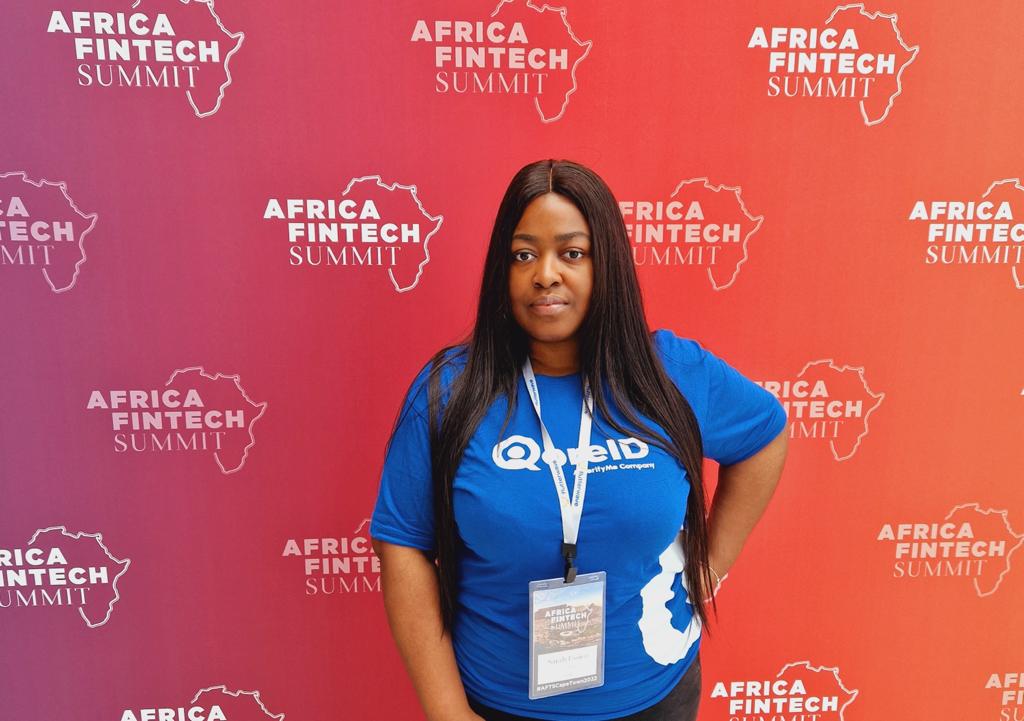Author: Saviour Edwards
As the world’s population continues to grow rapidly, there will be increased demand for access to education. Africa; the world’s fastest growing population will be at the centre of this increased demand for access to education. According to statistics released in 2017, the African population is expected to grow by a staggering 50% in 2035. Unfortunately, there are no commensurate plans to help prepare the grounds for what will be a huge increase in the demands for access to education. Thankfully, all hope is not lost.
Educational technology; popularly known as EdTech will play a huge role in providing access to high-quality education for the Africans of today and tomorrow. According to data released by the UNESCO Institute for Statistics, 60% of African youths between are currently out of school, and while there is a plethora of reasons that account for this, one of the most common reasons for young people not being in school is a lack of access to quality yet affordable education. That is something that EdTech can help address. EdTech can help bridge the gap, and provide access to education for students who otherwise will not be able to attend physical universities. Thankfully, huge investments are being made in EdTech in Africa.
As of 2019, EdTech investments globally stood at about $18.6 billion and is being project to grow to a whopping $350 billion as early as 2035. This is good news for education in Africa as it means that there will be increased opportunities for students all over the continent to get cheaper and access to top-notch education. EdTech will play a huge role in delivering increased access to education for the African if today and tomorrow.
EdTech and Higher Education: A Match Written in The Stars?
The growth of EdTech does not leave institutions of higher education on the back burner. If anything, it means that universities and colleges in Africa can employ EdTech as a tool to make higher education more accessible to millions of Africans. Studies show that only a meagre 8% of African students are enrolled in higher institutions. Institutions across the continent must work hard to make sure that this number becomes better in the near future.
African universities can use their rich history of providing higher education learning in tandem with the flexibility and affordability that EdTech offers to boost higher education enrolment. As broadband penetration improves and the smartphone proliferation continues on the continent, more and more Africans will be able to gain access to higher education with the marriage of higher education and EdTech.
Victor Ariyibi-Oke is the CEO and founder of the Metropolitan School of Business and Management (MSBM) UK; a higher education EdTech platform delivering UK-standard higher education to students in the Asia, Middle East and Africa (AMEA) region. Educated in the UK himself, Victor decided to bridge the gap by starting an online university that brings the standard of British universities to Africans at affordable fees.
Just recently, MSBM shattered the records when it grew to become the biggest EdTech platform in Africa, attracting over 450,000 learners in one year alone - a feat that has not been achieved before.
GetSmarter, Nexford and UNICAF, some of the biggest names when it comes to higher education EdTech platforms in Africa. But with all the good work they continue to do, not even GetSmarter with 100,000 learners, UNICAF with a record of 100,000 learners or Nexford University with 3000 registered learners come close to the number MSBM is boasting.
So, how did MSBM revolutionise the higher education EdTech sector in Africa? How has it been able to move from an online university with a relatively unknown name to a powerhouse on the continent? We take a look at this monumental achievement was achieved next.
Solving African Problems with British Education
With the unfortunate decadence of education standards in low-income countries in Africa and Asia, droves of students opt to study in third-world countries like the UK yearly, incurring a huge cost in the process.
Therefore, one of the solutions that the MSBM was created to provide is to offer the same standard of British education to students from Africa and the Middle East region. To help achieve this lofty goal, the online university sought accreditation from top British educational bodies including OTHM, Ofqual, Local Access Points, ATHE, National Union of Students, and the UK Register of Learning Providers.
Armed with these qualifications, the Metropolitan School of Business was able to create educational courses in partnership with top UK universities that strictly follow the British curriculum, and pay attention to helping provide students with skills that are sellable in the global jobs marketplace.
The School’s Unique Selling Proposition
Traditionally, when one wants to study for a British degree, you have to typically go through the stress of seeking admission into a reputable school in the UK, then go through the gruesome process of obtaining a visa. Never mind the huge cost you will incur for travelling expenses, cost of living, medical insurance etc.
MSBM is innovating by bringing these same top-notch British Degrees to the comfort of everyone’s home at an affordable rate, while saving them the hassle and cost of visa applications, travel expenses, medical insurance expenses and others!
The proposition is too strong to resist, and if we are to go by the recent numbers that MSBM is posting, then a lot of people agree too.
Affordable Fees
Another strong reason why MSBM is doing exceptionally well is that it offers extremely affordable tuition fees. For example, an executive master’s degree at the University of Lagos here in Nigeria will cost you N1.8 million, but a quick visit to the MSBM Nigerian website will show that the institution offers a British Executive Masters at N411,000; less than half of the price that a Nigerian school offers it for.
Asides from its affordable fees, MSBM’s payment structure is another reason why it has grown rapidly in recent times. Students are allowed to pre-structure their tuition fees, thereby allowing for a flexible payment option where students can be comfortable when learning. While competitors including Nexford and UNICAF also allow for payments in instalments, none of them allows for the kind of flexible payment options that MSBM offers.
Since MSBM’s major market focus is Africa and the Middle East, it makes sense that the institution offers competitive pricing to attract learners.
Bridging The Global Skills Gap
Offering short courses that help professionals develop their skills is another way that MSBM has been able to penetrate the market. Explaining the rationale behind taking this route, the school says, "Emerging technologies and disruptive forces such as artificial intelligence, gig economy and automation are rapidly transforming the nature of work.
"It's no secret that the abilities that employers appreciate and depend on have changed over time. Due to this, firms are facing difficulties finding staff with the right capabilities.
"A recent Deloitte report highlights the magnitude of this problem in the context of manufacturing alone.
"The skill gap may leave an estimate 2.4 million positions unfilled between 2018 and 2028 with a potential economic impact of $2.5 trillion."
"MSBM is positioned to help individuals and organisations address the skill gap."
Targeting The Right Market
Oftentimes when entrepreneurs create solutions, they make the huge mistake of focusing on the wrong market. One of the core reasons why MSBM has been able to disrupt the EdTech space in Africa and beyond has been because it has focused on the right market. By focusing on Africa and Asia, it has provided a true solution for people that need it, and the results are there for everyone to see.
Commenting on the impact of focusing on the AMEA region, Victor Ariyibi, the CEO of the platform says, "Nigeria forms our single biggest market. We've been able to get over 100,000 learners from Nigeria alone and others from other parts of Africa. We have learners from over 190 countries of the world. Our third-largest market is India. We are focused on Asia, Middle-East and Africa and we are making a lot of impact in these regions."
The Last Mile
MSBM is doing an amazing job by disrupting the EdTech space, but the job is not done. The EdTech platform has to keep innovating if it wants to retain its position as the number one higher education EdTech platform on the continent. And it seems like the school is not resting on its oars. As the CEO says himself:
“We are the kind of organisation that when people say we have done well, we look at ourselves and feel it is not good enough, thereby summoning the courage to make it better. We never feel like we've done something well enough, no matter the number of people that compliment us.”
The hundreds of thousands of people that have registered with the school will be hoping that the school keeps to its promises, and if reviews are anything to go by, one would imagine that MSBM is delivering on its promises. The school’s website msbm.org.uk currently has over 16,000 reviews (most of them positive).
On the cautionary side, Metropolitan School of Business and Management has many competitors to contend with. Top platforms like Nexford, UNICAF, Simply Learn and other EdTech platforms will not stop competing, so the ride has only begun.
Getting over 450,000 enrolments within a year is a great achievement by any standard, but the fact that it has competed against top schools that have raised huge funds and still come out on top makes this feat even more worthy of celebration. Congratulations are in order.





















